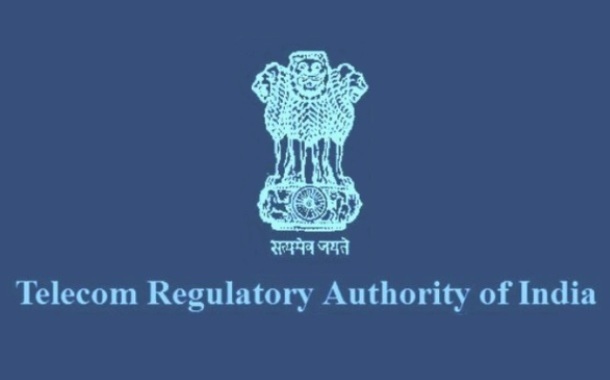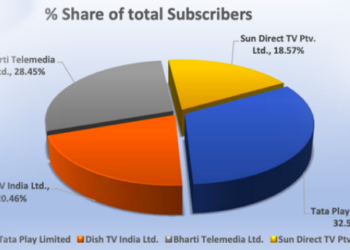New Delhi: The Telecom Regulator TRAI has started the pre-consultation process on set-top box (STB) interoperability in broadcast TV services on Monday. It will allow subscribers to use the same STB interchangeably between various service providers.
This enables consumer to change his service provider, he need without buying a new STB. Presently, the STBs are tied to specific distribution platform operators (DPO) and cannot be used interchangeably across different operators.
According to a statement issued by TRAI, there are six direct to home (DTH) operators, two Internet protocol television (IPTV) operators, two head-end in the sky (HITS) operators and a large number of multi-system operators (MSO) providing pay TV services through addressable systems in the country.
The authority has sought comments from various stakeholders by 29th April to identify issues related to interoperability of STBs, its challenges, concerns of the industry and possible solutions to achieve technical interoperability of STBs. The stakeholders include various organisations, industry bodies, standardisation bodies, STB manufacturers, chip vendors, conditional access system providers and software providers.
According to a report submitted by DTH operators to Trai in December, out of 85 million STBs in the country, about 30 million remain unused because of non-interoperability.
“Since the inactive STBs cannot be used for reception of services from other operators, the money invested into the STB goes waste and this also results in e-waste,” Trai said in a statement.
“STB interoperability would empower consumers to change their cable TV (or DTH) service provider whenever required, without changing their STBs and without any major cost implications,” it added.
The regulator also said that STB interoperability will shift the focus of the sector towards providing better quality services to consumers at competitive prices and the availability of set-top-boxes in the open market will reduce the capital requirements of service providers and improve their cash flows.
















